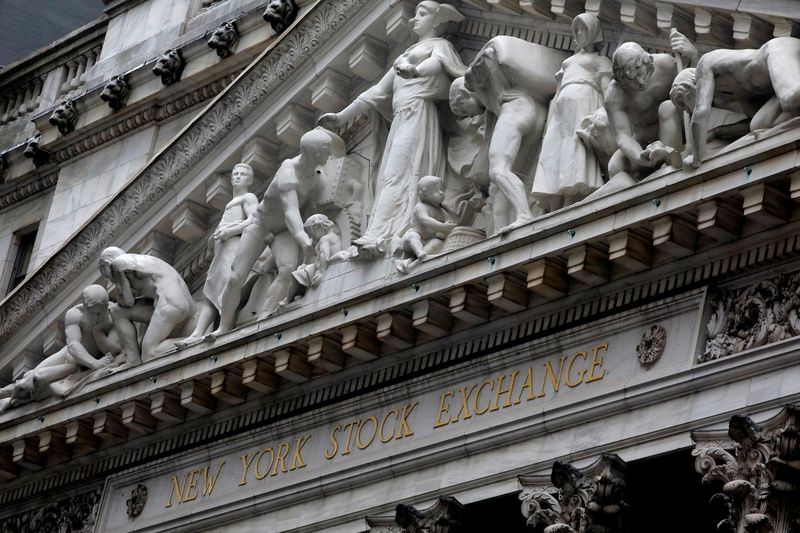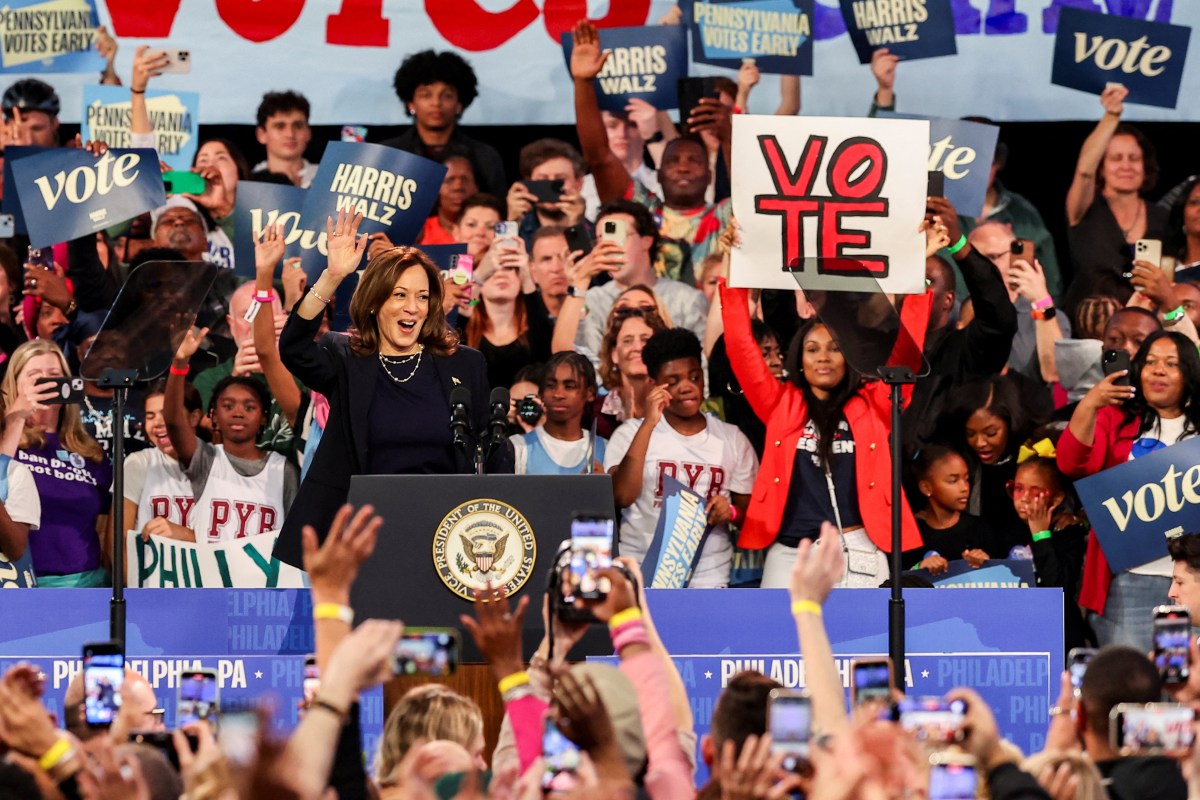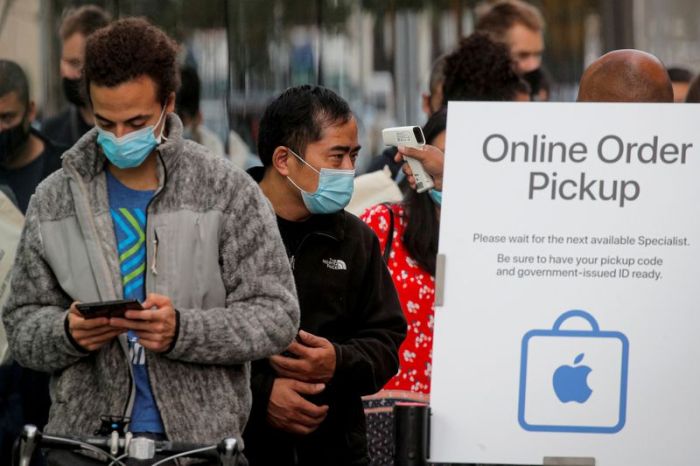NEW YORK (Reuters) – U.S. stocks tumbled on Wednesday, with the Dow closing at lows last seen in late July, as coronavirus cases soared globally and investors worried about the possibility of a contested U.S. presidential election next week.
The spiraling pandemic and Washington’s failure to reach a deal on new fiscal stimulus before the Nov. 3 election drove all three stock indexes to close more than 3% lower in heavy trade.
The sell-off accelerated during the session’s final minutes,with both the Dow and benchmark S&P 500 posting their biggest single-day declines since June 11.
Twelve U.S. states set records for hospitalized COVID-19 patients, while Germany and France announced plans to shut large swathes of public life for a month as the pandemic surged across Europe.
“Obviously the virus is out of control. It’s spiking, it’s bad,” said Eric Kuby, chief investment officer at North Star Investment Management Corp in Chicago. “The concept that … it’s going to disappear is just a faulty assumption.”
Shares of hotels, airlines and other leisure-related companies sensitive to COVID-19-related turmoil sank, with the S&P 1500 airlines index <.SPCOMAIR> falling 4.3%. The energy index <.SPNY> slid 4.2% as oil prices tumbled on fears of a deeper drop in fuel demand. [O/R]
With just six days to the election, Wall Street’s fear gauge <.VIX> spiked to its highest level since June 15. Concerns that a winner might not be declared the night of Nov. 3 also spurred the wide sell-off.
Democratic challenger Joe Biden leads President Donald Trump nationally by 10 percentage points, according to Reuters/Ipsos polling, but the competition is tighter in swing states, which will decide the victor.
Investors are worried about various potential outcomes: that the election may be contested; a “blue wave” gives Biden a victory and his Democrats control of Congress; or that Trump gets re-elected, said Chris Zaccarelli, chief investment officer at Independent Advisor Alliance in Charlotte, North Carolina.
“As people run through the likely scenarios of what could happen with the election, there’s no short-term good answer,” he said.
Losses were broad-based with technology stocks <.SPLRCT>, down 4.33%, weighing the most.
The Big Tech companies – Apple <AAPL.O>, Alphabet <GOOGL.O> and Facebook <FB.O> – which are due to report results on Thursday, all fell 4.6% or more. With Microsoft <MSFT.O> and Amazon.com <AMZN.O>, they weighed the most on the S&P 500.
The Dow Jones Industrial Average <.DJI> fell 943.24 points, or 3.43%, to 26,519.95, the S&P 500 <.SPX> lost 119.65 points, or 3.53%, to 3,271.03 and the Nasdaq Composite <.IXIC> dropped 426.48 points, or 3.73%, to 11,004.87.
Volume on U.S. exchanges was 11.00 billion shares.
Of the 206 S&P 500 companies that have reported third-quarter earnings so far, about 83% have topped expectations, according to Refinitiv data. But earnings on average are expected to fall 14.8% from a year earlier.
General Electric Co <GE.N> was one bright spot, jumping 8% after posting a surprise quarterly profit and a positive cash flow on the back of cost cuts and improvements in its power and renewable energy businesses.
Declining issues outnumbered advancing ones on the NYSE by a 10.08-to-1 ratio; on Nasdaq, a 6.28-to-1 ratio favored decliners.
The S&P 500 posted one new 52-week highs and nine new lows; the Nasdaq Composite recorded 15 new highs and 110 new lows.
(Reporting by Herbert Lash, additional reporting by Medha Singh and Shivani Kumaresan in Bengaluru; Sinead Carew and Lewis Krauskopf in New York; Editing by David Gregorio, Anil D’Silva and Arun Koyyur)
























